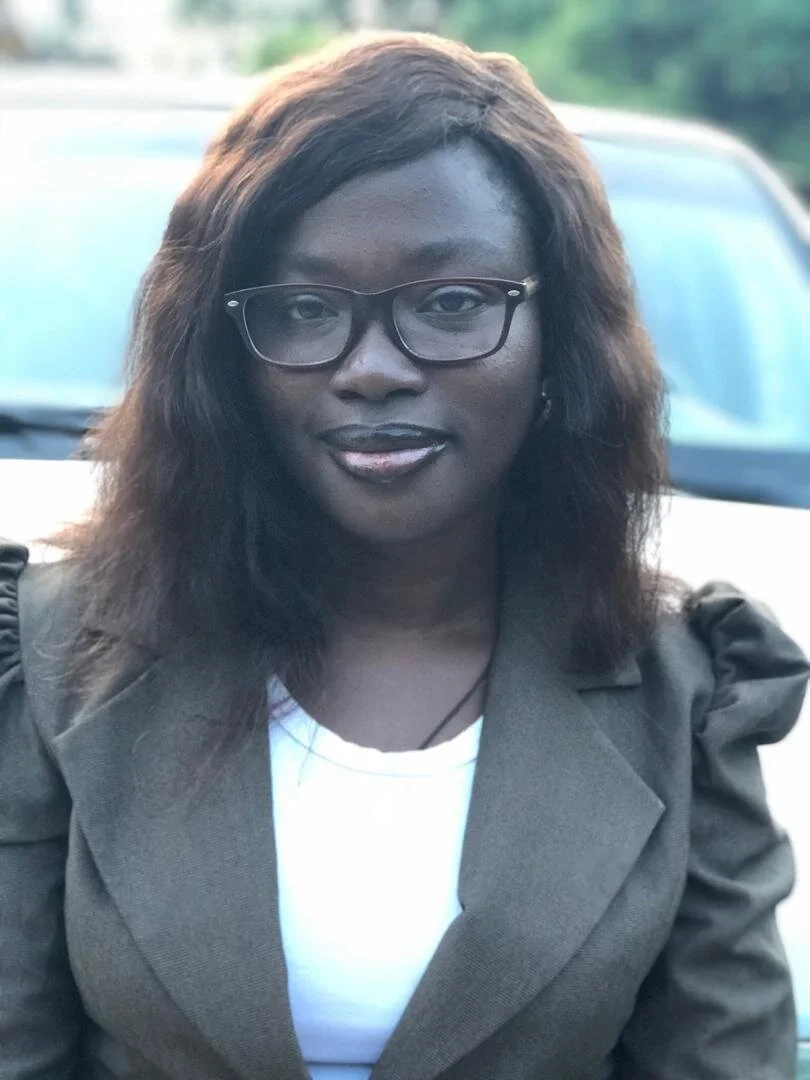Elizabeth Sarfo (32) from Ghana is pursuing a PhD in Psychology at the University of Stellenbosch.
Elizabeth grew up in a rural area in Ghana and witnessed the negative effects of poverty and lack of resources in her own life and that of others in her community. Furthermore, as a young undergraduate she observed a friend suffer from mental illness and receive no empathy from her family. It was this experience that inspired her to deeply pursue psychology and become an expert in the field so she can alleviate some of the distress felt by individuals with mental illness.
Elizabeth is a dynamic clinical psychologist who is passionate about helping to empower the next generation of women in Ghana and has keen leadership abilities and a strong work ethic. She has successfully defended her PhD in Stellenbosch University and hopes to graduate in March 2020. Her research is focused on the impact of child marriage on mental well being of married female adolescent spouses by exploring the experiences of married girls, their parents, community elders and professionals working to eradicate child marriage in the Northern region of Ghana.
She has been instrumental in child empowerment activities that is aimed at improving the livelihood of children in deprived communities in Ghana. As a member of the volunteering team she offered counselling and mentoring services to children and teenagers. Elizabeth was also instrumental in organizing Christmas parties for children in deprived communities in the Volta region of Ghana.
In the future, Elizabeth plans to become a lecturer and leading researcher on the psychological effects of child marriage and other social vices in Ghana. She plans to advocate for women and children’s rights and develop interventions to help individuals affected by patriarchal norms, child marriage and other social imperfections.







